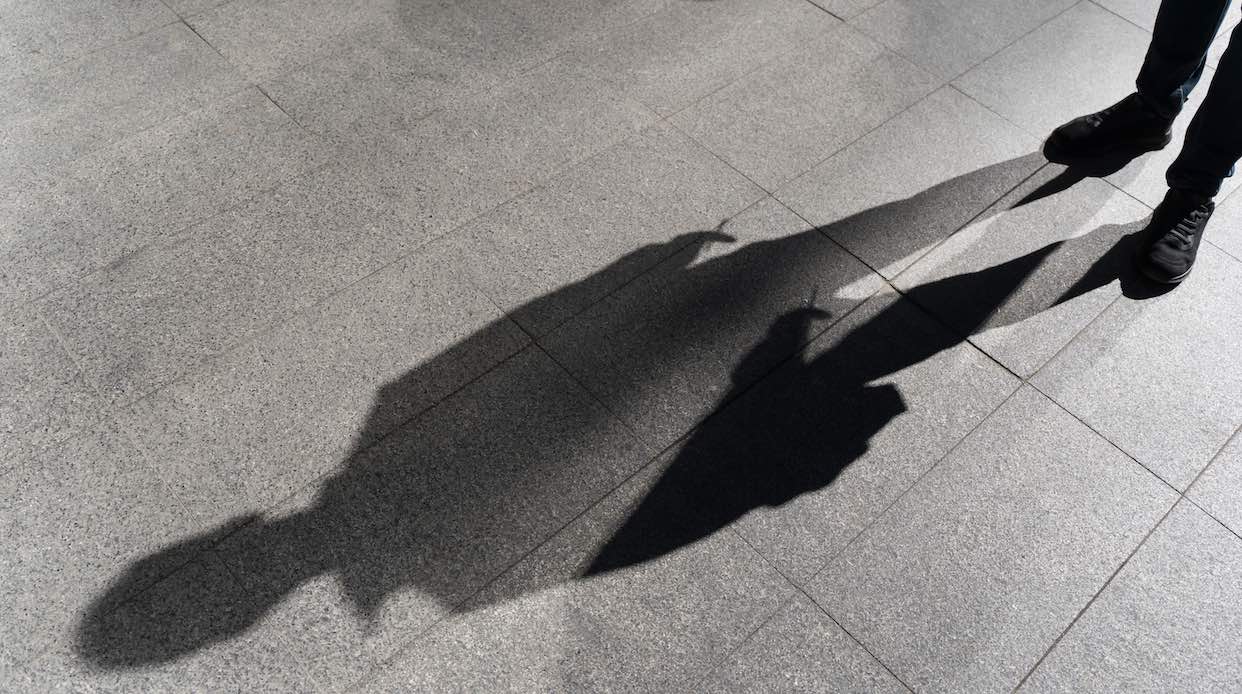Restoring Rhythm: The Spiritual Science of Sleep in Later Life

Some people boast about needing only four or five hours of sleep. They treat it like a badge of honor, proof that they’re tough, efficient, indispensable. But when you reach a certain age, the joke isn’t about getting by with too little. It’s about waking up at three in the morning–the hour of the wolf-watching the moonlight through the blinds, keeping company with your thoughts and the dog who wants out again. In truth, our culture misunderstands sleep. It’s not wasted time. Science and scripture both tell us that sleep is a sacred rhythm, a form of restoration as essential as food, water, and breath.
The Science of Sleep in Later Life
Sleep does change as we age. Researchers at the National Institutes of Health note that older adults often experience lighter sleep, more frequent awakenings, and shifts in circadian rhythms that leave us sleepy earlier in the evening and awake before dawn. While some of these changes are natural, chronic sleep disruption can affect health in significant ways. Studies show that insufficient or poor-quality sleep can increase the risk of cardiovascular disease, depression, and even dementia. It also affects memory consolidation—the brain’s way of filing away the day’s experiences and insights.
Sleep is not passive. While we lie still, our bodies are at work: repairing tissue, balancing hormones, strengthening immunity, and literally clearing toxins from the brain. Neuroscientists have found that during deep sleep, the glymphatic system—the brain’s natural cleaning crew—flushes away metabolic waste that, if left unchecked, contributes to cognitive decline. In other words, a good night’s rest is one of the best defenses we have against age-related decline.
Rhythm and Rest: A Spiritual Lens
Long before sleep labs and brain scans, spiritual traditions understood that rest was holy. The Hebrew scriptures describe sabbath not as a luxury but as a command: “Remember the sabbath day, and keep it holy.” To rest was to honor God and creation itself. The psalmist reminds us, “He gives his beloved sleep” (Psalm 127:2). In Buddhism, mindful rest is seen as a practice of compassion for the body. Hindu cosmology speaks of the rhythms of day and night as reflections of cosmic order. Across traditions, rest is not just downtime. It is time sanctified.
Each night when we lie down, we surrender. Sleep is a rehearsal for trust. We let go of control, release our grip on worries, and allow ourselves to be carried by something larger than our own effort. In this sense, sleep resembles prayer. Just as prayer is not about producing results but about being present, sleep is not about productivity but about presence to the body’s deepest needs.
Restoring Rhythm
Of course, knowing the science and honoring the metaphor doesn’t automatically help us sleep better. Many older adults still struggle with insomnia, restless legs, or waking at odd hours. But we can restore rhythm—both biologically and spiritually—through intentional practice.
Scientists recommend keeping a consistent sleep-wake schedule, even on weekends. The body’s circadian system, much like an internal clock, thrives on predictability. In this way, routine becomes its own form of liturgy. Setting a regular bedtime and rising time is a small act of reverence for the body’s design.
Rituals before bed can also prepare us for rest. A few minutes of slow breathing, reading a psalm or poem, or journaling gratitude can quiet the mind. Turning off screens an hour before bed is more than a good health tip—it is a way of entering sacred silence. Creating an environment that is cool, dark, and uncluttered mirrors the inner stillness we seek in prayer.
Think of sleep as sacramental. Just as bread and wine are outward signs of inward grace, so too can the act of laying down to rest become a sign of surrender and trust. To treat sleep as holy is to see it not merely as healthy but as deeply human and deeply spiritual.
The Gift of Later Life Sleep
Many seniors lament that they no longer sleep as soundly as they once did. But reframing the experience can turn frustration into gift. The quiet wakefulness of the night, though inconvenient, can also be contemplative. Dawn, when the world is hushed, offers a unique invitation to reflection and prayer. Even naps—once scorned as laziness—can be seen as sabbath fragments scattered through the day.
Rather than viewing disrupted sleep as deficiency, we might see it as a call to gentler rhythms. Our later years allow us to step away from the frantic pace of younger life. Where once sleep was stolen between obligations, now it can be received as grace. In this way, rest becomes not just a biological necessity but a spiritual practice of dignity.
A Rhythm Older Than Us
Sleep is not escape. It is participation in a rhythm older and wiser than ourselves: the tide that withdraws and returns, the seasons that ebb and flow, the heartbeat that rests between beats. To sleep is to remember that restoration does not come from striving but from surrender. It is to learn again, each night, the lesson of trust—that we are held, even in darkness.
Question for Reflection
How do you experience sleep today: as a burden, an interruption, or a gift of rhythm?
Related spiritual themes: acceptance, aging well, emotional wisdom, inner life, simplicity, spiritual wellness, wonder




